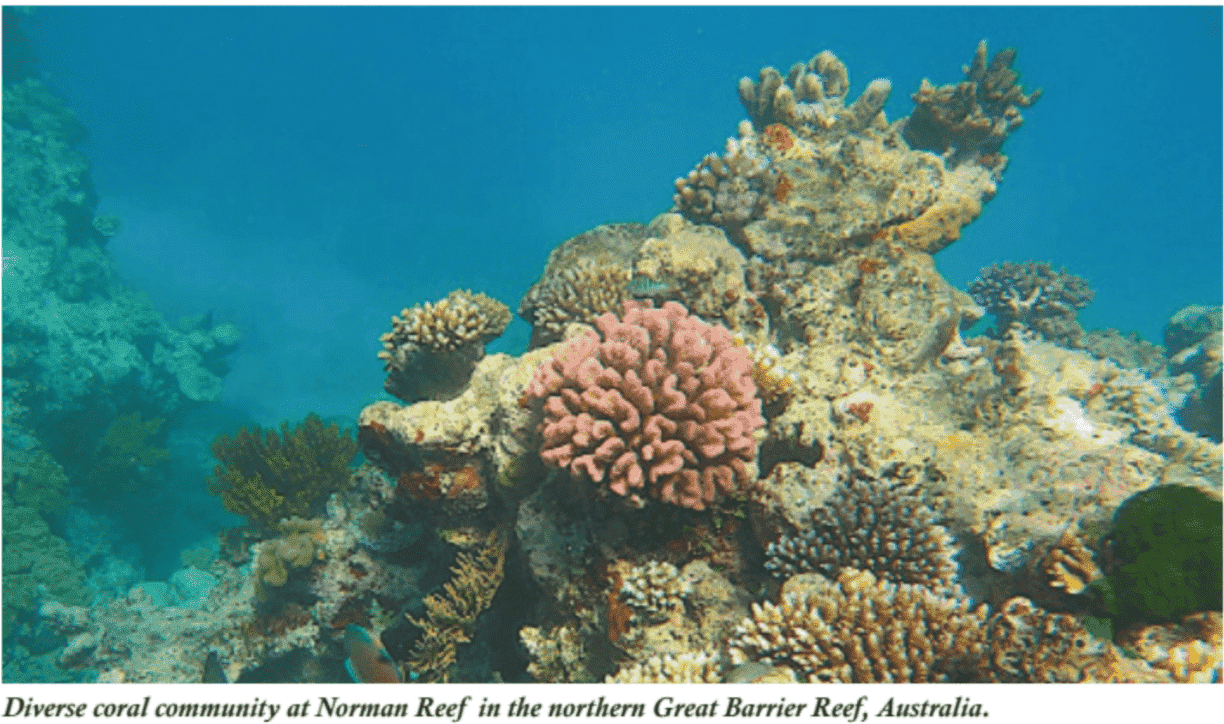
Our planet is beautiful. Mountains capped with pristine white snow, flanked by deep blue oceans of vast unknown treasures, teeming with life in every shape and size. A complex ecosystem that is locked in a self-preserving cycle that has been going on for eons. Our planet has evolved in the face of collapse and adversity and stood silent as a witness to mass extinctions and yet it has soldiered on. It is beautiful, but more importantly, it is the only one we have. It cannot possibly endure beyond the human civilization, and has finally begun to crack under the sheer pressure of 7.5 billion people and their rapid advancements at its expense. For coral polyps, their ancestry is the key to their survival. For centuries they have extracted calcium carbonate from the seawater to form hard exoskeletons and lived their lives out in these self-made homes, eventually leaving them behind upon their death for future generations to build upon. Now as the world moves forward, using up fossil fuels at unprecedented rates and polluting the atmosphere like never before, these ancient neighborhoods are in serious trouble. According to the non-government organization Coral Guardians, there are three primary causes of coral bleaching, namely global warming and acidification of oceans. Global warming is a phenomenon that is causing the average temperature of the Earth to rise, and this is now happening faster than ever. Since 1860, the average ocean surface water temperature has increased by 0.5°C. Projections by the Intergovernmental Panel on Climate Change report that average air temperature is set to increase dramatically by 1.5°C in the next couple of decades, which means that the ocean surface temperatures are not cooling down anytime soon. With rising temperatures, the stress on the coral reefs will rise proportionately, leading to faster and more severe bleaching of the reefs. The acidification of oceans due to pollution is another major reason for the rapid bleaching of coral reefs. For so long, the oceans have maintained a pH balance that was perfect for the growth of these coral colonies. With human intervention, however, this balance now hangs by a thread. Oil spills, excessive pollution, and severe fishing malpractices are just some of the reasons behind the change in the acidity of our water bodies. This change is devastating for coral polyps, as it can severely impact their functioning and their ability to form the exoskeletons that they have been producing for ages. With weaker homes, these species are at the risk of being wiped out entirely. Immediate action is required to save our coral reefs. This is a crisis we cannot choose to postpone, for today if the coral reefs disappear tomorrow, it will be the very earth we stand on. In an age where we are not afraid to run towards the final frontiers of space in search of new horizons and possibly new planets to conquer, I believe we should be focusing on saving the home that we have.
10 Jan 2022
Adarsh Tripathi